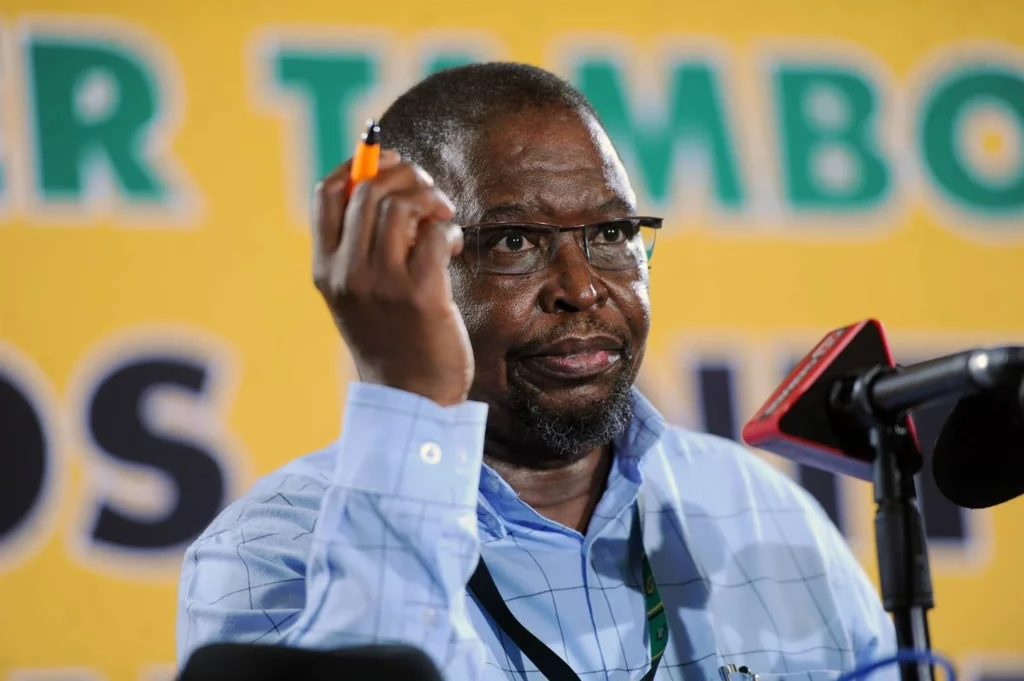In an effort to avoid greylisting, South Africa seeks to fight money laundering, corruption and terror finance.
In order to avoid greylisting, South Africa is seeking changes in the law to bolster the country’s ability to fight money laundering, corruption and terror finance will be “critical”, said Finance Minister Enoch Godongwana during a question-and-answer session in Parliament on Wednesday 21 September.
The threat of greylisting
A greylisting threatens to raise South Africa’s risk profile, affecting corresponding relationships between South African banks and international financial institutions. However, Minister Godongwana is optimistic that South Africa can make progress to address shortcomings flagged by the FATP before its next plenary in February 2023.
“It will be a tough challenge to prevent a greylisting,” warned Minister Godongwana. Should South Africa be greylisted, it is still possible to “minimize the remedial action” required. However, Minister Godongwana warned that a greylisting would have a “huge impact” on the financial sector. Therefore, Treasury is collaborating with the financial sector in this regard.
The government is also looking to amend two Bills to bolster its legal framework to combat financial crimes and corruption. These are the General Laws (Anti-Money Laundering and Combating Terrorism Financing) Amendment Bill and the Protection of Constitutional Democracy Against Terrorist and Related Activities Amendment Bill, both of which are before Parliament for consideration, with the latter anticipated to be enacted by November 2022.
A “substantial and critical step”
This “substantial and critical step” to prevent greylisting will “signal to the FATP that Parliament is taking action,” said Minister Godongwana emphasized. Government is also looking to strengthen its institutional effectiveness to address financial crimes and corruption.
South Africa’s Central Bank governor recently issued a stark warning on the challenges the country will face if the government’s efforts are not successful.

2 Comments
Pingback: Bain & Co. banned from South African government tenders for a decade
Pingback: Greylisting: Can South Africa dodge the bullet?